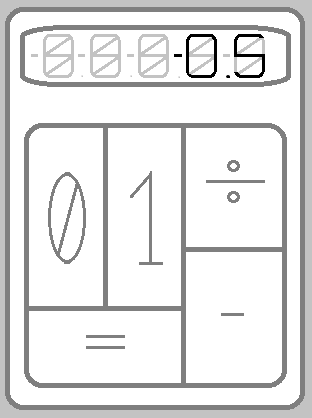Interviewing candidates for a software testing job isn't all about firing questions at a person and hoping for what you believe is the right answer. You want to explore who they are and see how well they may fill any role.
Be prepared yourself
You the interviewer could also fail at interviewing just as much as the person wanting the job so its important that you do your homework first.
Make sure you know what the job is and what level it's for and tailor any questions, demonstrations or presentations towards what skills you would expect.
Knowing a little more about each candidate in advance can also be a benefit, their CV may give you a formal idea of how well they present themselves on paper, but you can easily find out more from their website / online social media presence.
Have a conversation
You're going to want to learn as much about the person as possible and you will only have a short time period to do this.
Allow the candidate to talk around any questions, find out how passionate they are for things (do they actually enjoy their field of work) and what experience they have had.
Soft skills
You're also going to want to find out how good their soft skills are, are they right for the culture of the company, will they work well within the team, and how good they are at communicating ideas.
Put them on the spot
Asking random questions will show you if they can think quickly out the box, but how about also asking them to perform a certain task without being warned in advance. This can be anything from a technical skill they have mentioned on their CV to performing to testing on a whiteboard (as someone suggested in a previous comment)
Remember you are not aiming to catch them out, but see how adaptable they are when put on the spot.
Here's some further tips for interviewing software testers on SoftwareTester.Careers
